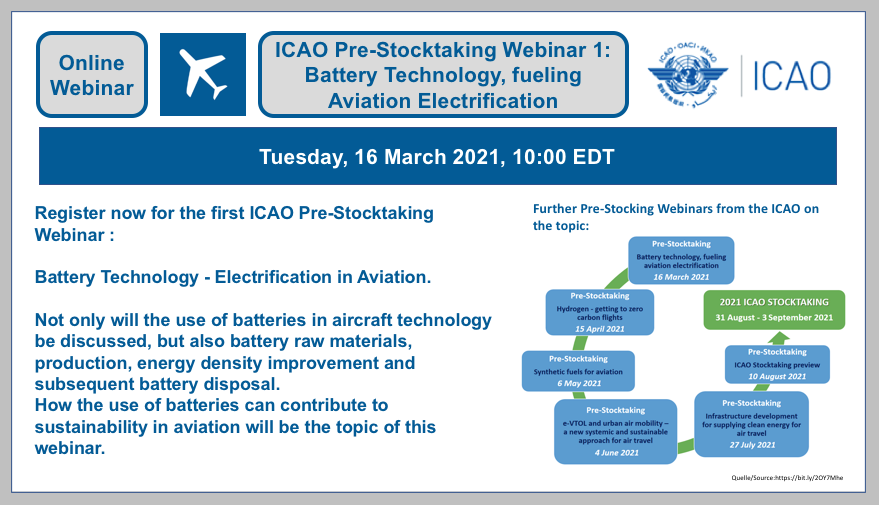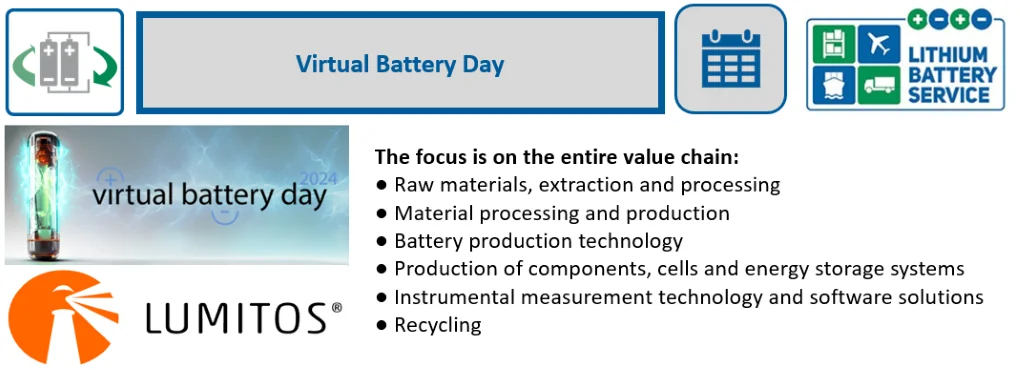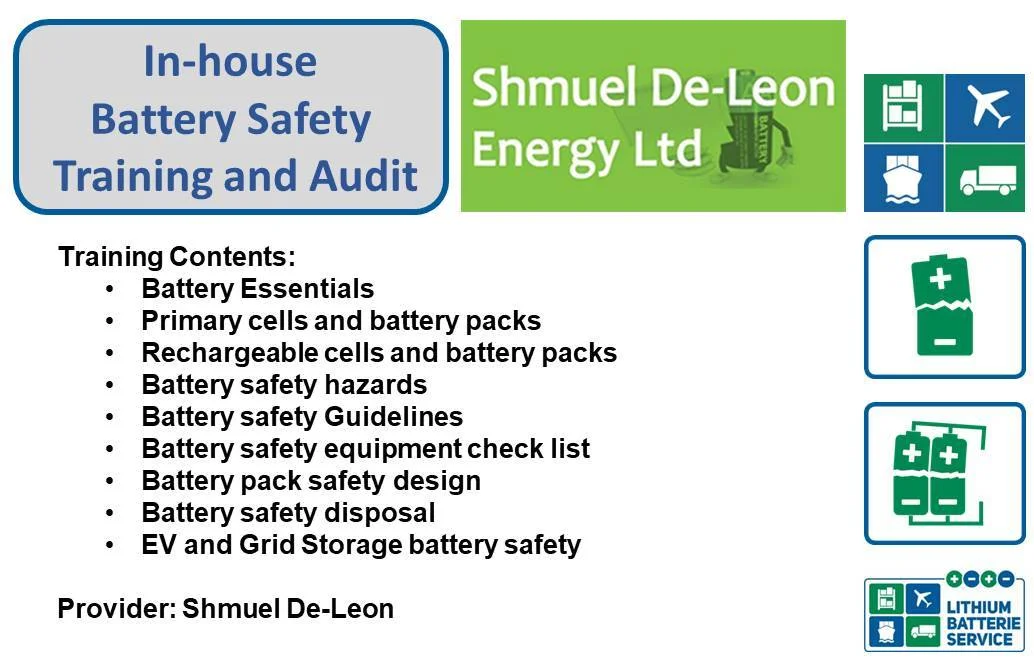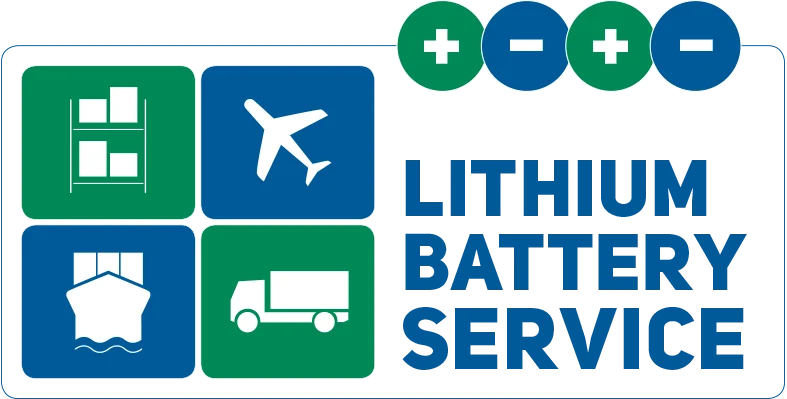ICAO Pre-Stocktaking-Webinars and discussions of stakeholders for a greener future of aviation
Tuesday, 16 March 2021, 10:00 EDT ICAO Pre-Stocktaking-Webinars and discussions of stakeholders for a greener future of aviation

ICAO Pre-Stocktaking-Webinars and discussions of stakeholders for a greener future of aviation
Tuesday, 16 March 2021, 10:00 EDT
Register now for the first ICAO Pre-Stocktaking Webinar :
Battery Technology - Electrification in Aviation.
Not only will the use of batteries in aircraft technology be discussed, but also battery raw materials, production, energy density improvement and subsequent battery disposal.
How the use of batteries can contribute to sustainability in aviation will be the topic of this webinar.
INFOS and REGISTRATION:
https://www.icao.int/Meetings/Stocktaking2021/Pages/prest1.aspx
Here you can find out from us which challenges must be accepted in aviation technology in the use of lithium cells and lithium batteries. Because these lithium cells and lithium batteries pose a fire hazard that would have fatal consequences in the aviation sector.
Lithium batteries fall under dangerous goods class 9 and are therefore subject to dangerous goods transport regulations.
Therefore, there are specified requirements in the dangerous goods transport regulations that apply not only to the large lithium batteries for propulsion, but also to any other small lithium cell and battery.
In this way, it can be prevented already during the production of the cells and batteries that dangerous situations arise later in the use of the batteries.
Every lithium cell and every lithium battery must be manufactured according to the quality management program described in the transport regulations, including prototypes.
What this quality management program includes, you can find here:
https://www.lithium-batterie-service.de/en/quality-management-program
Every lithium cell or lithium battery that is no longer a prototype or a small series of up to 100 pieced, must have been successfully passed the UN test series 38.3.
The UN test series 38.3 includes the following:
https://www.lithium-batterie-service.de/en/un-38.3-test-series
To be sure that you receive a tested lithium cell or lithium battery that complies with the regulations, you can check with the manufacturer.
Since 01.01.2020 a UN 38.3 Test Summary needs to be provided by the manufacturer and any subsequent supplier on request. We have included all required details of the UN 38.3 Test Summary in our Supplier Inquiry Form.
Our supplier inquiry form helps you to get all necessary information for logistics. You can download and use them here for free:
https://www.lithium-batterie-service.de/en/downloads-guest
And the following technical requirements have to be fulfilled for large lithium batteries:
- Each lithium ion battery incorporates a safety venting device or is designed to preclude a violent rupture under normal safety conditions.
- Each lithium ion battery is equipped with an effective means of preventing external short circuits.
- Each lithium ion battery containing cells or series of cells connected in parallel must be equipped with effective means as necessary to prevent dangerous reverse current flow (e.g. diodes, fuses etc.).
If you have to ship or dispose large or small lithium batteries, we offer checklists for your transport case according to ADR, IMDG-Code and ICAO-TI / IATA-DGR including source references.
So you can check, which regulations have to be observed, how you pack, label and document correctly.
You will receive all the necessary transport documents for your transport case (e.g. transport document according to ADR, IMO declaration, shipper's declaration).
You can find the respective checklist article in our portal under "Find a single checklist".
https://www.lithium-batterie-service.de/en/checklist?tab=1
You can also buy group licenses to be prepared for any transport case.
Contact us for this purpose:
https://www.lithium-batterie-service.de/en/contact/consulting












